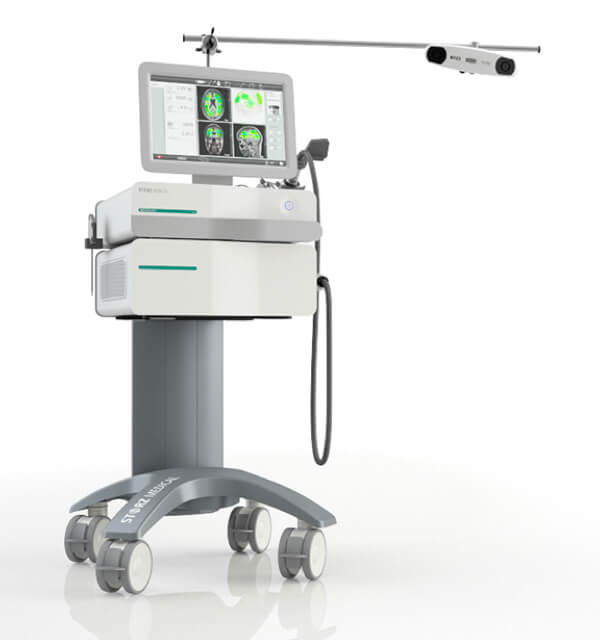Learn What The Genetic Risks Are & How To Get Tested For Them
Alzheimer’s is not caused by one particular factor, and in fact researchers are not even sure how it originates. Some studies have suggested it may begin in the liver, but no one is sure. By collecting huge volumes of demographic, lifestyle, genetic and medical data however, we can determine certain factors which may influence your likelihood of developing the disease.
Researchers have identified some specific genes which appear to be positively correlated with development of Alzheimer’s. The genes influence probabilities of Alzheimer’s development in a multitude of different ways, and different genes can increase your risk at different ages.

Late-Onset Alzheimer’s
The most common gene associated with late-onset Alzheimer’s disease is called apolipoprotein E (APOE). APOE has three common forms:
APOE e2 — the least common — reduces the risk of Alzheimer’s.
APOE e4 — a little more common — increases the risk of Alzheimer’s and is associated with getting the disease at an earlier age. Approximately 15% to 25% of the general population carries an APOE e4 allele.
APOE e3 — the most common — doesn’t seem to affect the risk of Alzheimer’s
You inherit two APOE genes, one from each parent. Having at least one APOE e4 gene increases your risk of developing Alzheimer’s disease by 200-300%. If you have two APOE e4 genes, your risk is even higher, approximately 800-1200%.
Researchers estimate that between 40-65% of people diagnosed with Alzheimer’s have the APOE-e4 gene, but not everyone who has one or even two APOE e4 genes develops Alzheimer’s disease. Other genetic and environmental factors are involved in the development of Alzheimer’s disease.
Other genes which are risk indicators for Alzheimer’s are:
CLU – This gene helps regulate the clearance of amyloid-beta from the brain. Amyloid-beta plaques are one of the main causes of neuronal cell death in Alzheimer’s.
ABCA7 – Researchers suspect that this may have something to do with the gene’s influence on how the body uses cholesterol.
CR1 – A deficiency of the protein this gene produces may contribute to chronic inflammation in the brain.
PLD3 – Scientists are not quite sure what this gene does, but it’s appearance is correlated with an increased risk.
TREM2 – This gene helps regulate the brain’s response to inflammation.
Early-Onset Alzheimer’s
Around 5% of people with Alzheimer’s first develop it under the age of 65, which is referred to as early-onset Alzheimer’s. Whilst late-onset Alzheimer’s has many lifestyle, medical and other factors, this type of Alzheimer’s disease almost always has its roots in genetics. Unfortunately this also means that early onset Alzheimer’s is more likely to be hereditary.
Three genes have been identified which appear in all people, but if mutated, can disrupt processes which make development of early-onset Azheimer’s probable.
The genes are:
Amyloid precursor protein (APP)
Presenilin 1 (PSEN1)
Presenilin 2 (PSEN2)
Mutations in any of these three genes can cause the production of excessive amounts of the toxic amyloid-beta peptide. Buildup of this peptide causes the formation of the aforementioned amyloid-beta plaques. These plaques interrupt communication between neurons, leading to programmed neuronal cell death and cerebral atrophy.
This doesn’t mean however, that all people with early-onset Alzheimer’s have mutations in these genes, but most do. There may be some lifestyle factors, or potentially other genes involved that have yet to be identified.
Genetic Testing
Genetic testing is primarily carried out for those who believe they may be at risk of developing early-onset Alzheimer’s. Even if you have two APOE-e4 genes, you are still more likely to not develop Alzheimer’s than to develop it, though some people prefer to be aware of their likelihood.
Testing for mutations in APP, PSEN1 and PSEN2 is a fairly accurate way of informing you as to whether you are likely to develop early-onset Alzheimer’s. Genetic testing for these genes is available on the NHS, and if you believe you may be at risk, or if a close family member has developed early-onset Alzheimer’s, your first step should be to speak to your GP.
Be aware however, that if you do find out that you have a mutated version of one of these genes, there are currently no treatment options to reduce your risk of developing it. Because of this, most people opt not to be tested, however some people like to feel in control through knowing. Again, having one of these mutated genes does not mean that you will definitely develop early-onset Alzheimer’s.




